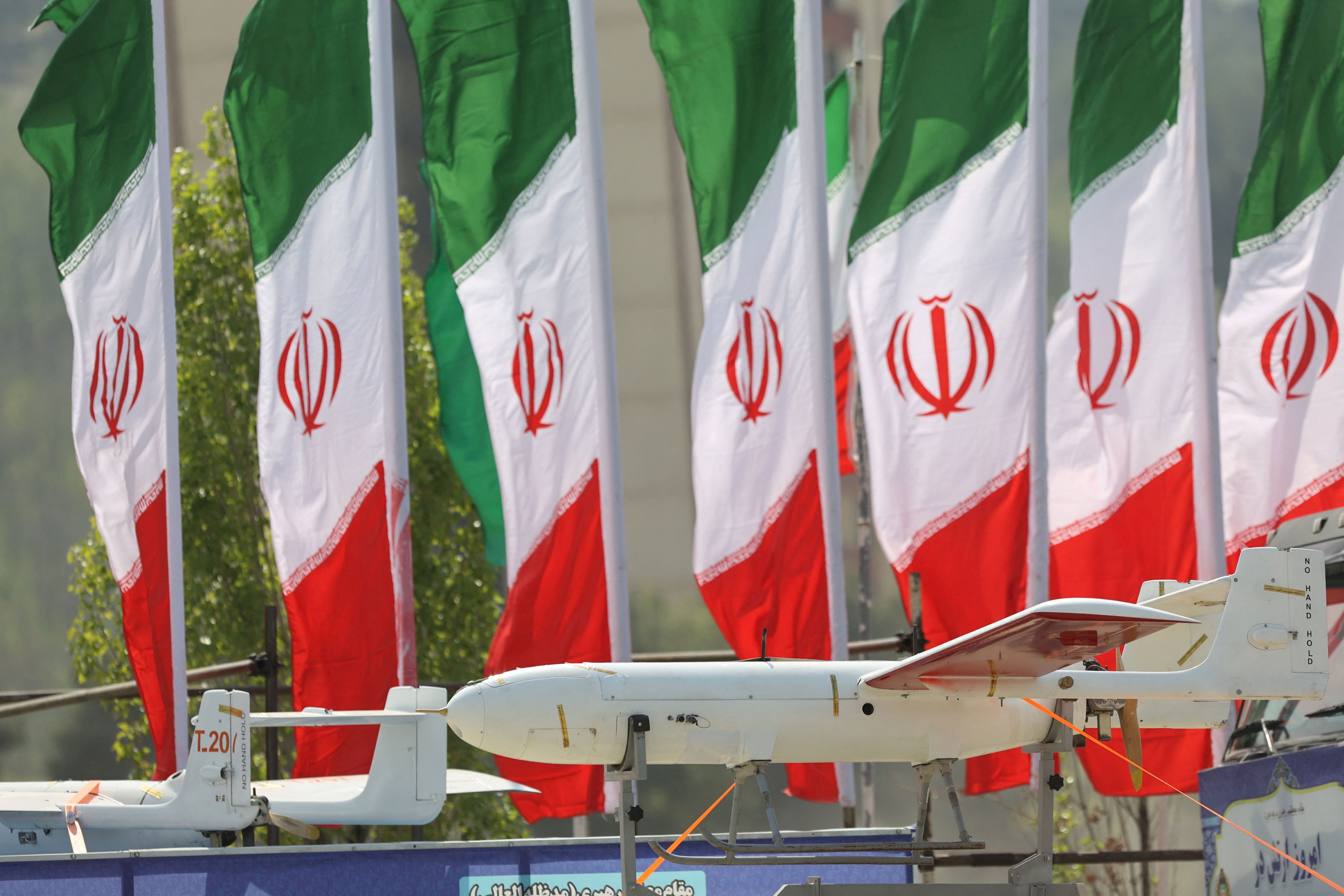
TEHRAN - "There was no damage to Iran's nuclear sites" in an attack northeast of Iran's central Isfahan province, the International Atomic Energy Agency (IAEA) confirmed Friday.
Three explosions have been heard northeast of Iran's central Isfahan province, the semi-official Fars news agency reported on Friday.
The cause of the explosions has not yet been determined, Fars quoted local sources as saying, adding that the army's radar had been among the possible targets and some buildings' windows in the nearby area had been broken.
The official IRNA news agency reported that Iran activated its air defense system over several cities on Friday
According to Fars, the explosions were heard in Qahjavarestan city, near Isfahan's International Airport and an Iranian air force base.
ALSO READ: Leaders from Mideast urge de-escalation
The Iranian capital Tehran is now in good order, a Xinhua correspondent observed.
Meanwhile, the official IRNA news agency reported that Iran activated its air defense system over several cities on Friday.
Restrictions imposed on Friday morning on the operation of a number of airports in several Iranian cities including Tehran, Isfahan and Shiraz have been lifted, IRNA said.
Three micro aerial vehicles (MAVs) were spotted near Zardanjan village in Isfahan at around 4 am local time (0030 GMT) and were shot down by Iran's air defense, according to the semi-official Mehr news agency.
A senior Iranian military commander on Thursday said Iran "had its finger on the trigger" to fire powerful missiles to destroy Israel's nuclear centers and other targets if Israel launches action against Iran
Israel earlier indicated the possibility of targeting Iranian nuclear facilities to retaliate against the massive drone and missile attack last week.
READ MORE: US sanctions Iran's steel, drone, automaker industries in response to attack against Israel
Ahmad Haqtalab, commander of the Islamic Revolution Guards Corps (IRGC) unit for protecting the country's nuclear sites, on Thursday said though all countries have been prevented from attacking nuclear facilities based on international protocols, Iran had always been ready to deal with such threats.
He added that Iran had identified Israel's nuclear centers and obtained the necessary information about all the targets, saying that Iran "had its finger on the trigger" to fire powerful missiles to destroy those targets if Israel launches action.
Also on Thursday, the Iranian Foreign Ministry rejected anti-Tehran claims by finance ministers from the Group of Seven (G7).
ALSO READ: Israel's cabinet meets on counterattack on Iran amid restraint pressure
G7 finance ministers and central bank governors on Wednesday issued a joint statement condemning Iran's retaliatory military operation late last week on Israel, saying they would step up sanctions against Tehran and "ensure close coordination of any future measure to diminish Iran's ability to acquire, produce, or transfer weapons to support destabilizing regional activities".
Nasser Kanaani, spokesman for the ministry, said such positions and claims were based on "double standard and contradictory" criteria, behavior and approaches, adding that Iran rejected and condemned them.
Kanaani blamed Israel's decades-long "occupation of Palestine and its crimes in the Palestinian territories" as the main roots of the crisis and instability in West Asia, urging the United States, the European Union, and the G7 countries to stand against Israel's "aggressions", instead of hurling accusations against others.
ALSO READ: Iran says not seeking escalation of tensions in region
Kanaani said while continuing to be responsible towards regional and international peace and security and abiding by international rules and regulations, Iran would not hesitate to give a "decisive, regret-inducing and deterrent" response to aggressors to defend its security and national interests.


